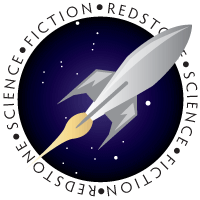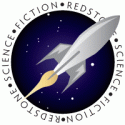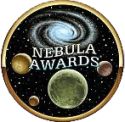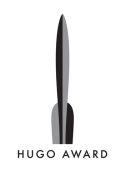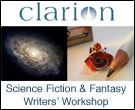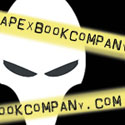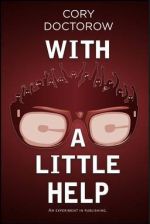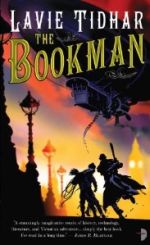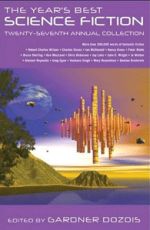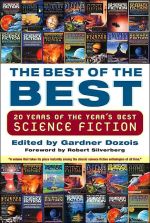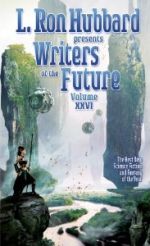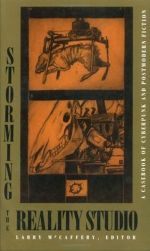Five Questions with Mishell Baker
1) You attended the 2009 Clarion Science Fiction & Fantasy Writers’ Workshop. What is the biggest effect Clarion had on your writing?
Clarity. Before Clarion, I had a tendency to hold my cards close, to couch things in long convoluted sentences, to make my readers work too hard. I assumed that everyone would be lovingly poring over each and every phrase in what I wrote, looking for double meanings and subtleties and symbolism. Then I handed over a story to eighteen people who had a few hours to read and make notes on mine and three others, and I realized that people don’t want to work. They want to be swept in, and entertained, and moved, and above all they want to understand what the hell you’re talking about.
With the possible exception of professional literary critics, every reader is severely pressed for time and should really be doing something else right now. Everyone. Not just sleep-deprived Clarion students. So be kind.
2) You’ve remained involved with Clarion by becoming editor of their blog. How did they talk you into that and what have you found interesting about the experience?
I actually founded the blog several months after graduating Clarion. There was no Clarion Blog before that. I say I founded it, but only in the physical sense. The idea of an official Clarion Blog came from my classmate Liz Argall, and she kind of volunteered me for it because she saw that I enjoyed blogging. Ironically I’ve done very little blogging myself at all; my job mostly is finding people who are more knowledgeable and eloquent than I am and talking them into blogging. That’s been the interesting part: the people I’ve corresponded with. I’ve gotten some incredible people to contribute: a slew of big-name literary agents, writers ranging from Samuel R. Delany to Jim Butcher, and editors of short fiction venues, like that creep Michael Ray.
3) Your story with us, Vaporware, is a sociological scifi story that examines something we may well see in the future, projecting how one’s children might turn out. What experiences prompted you to write it?
The experience of being out of story ideas in week four of Clarion and being desperate to meet a deadline.
Oh, you mean related life experience? None whatsoever. At the time I conceived the idea of this story, I was ten years away from having children myself; it mostly came out of my empathy for a sweet, passive guy I knew who had a severely troubled thirteen-year-old daughter. I honestly have no idea where the science fiction aspect of it came from; it’s been so long. We writers always sit around going “what if” and sometimes those flights of fancy stick with us and sometimes they don’t. That was one that hitched a ride in my subconscious for a decade and finally rattled loose in a moment of desperation.
Most of my Clarion classmates hated the first draft, which was admittedly weak. But Kim Stanley Robinson saw what I was trying to do, and he’s a dad, and he loved it. When Kim Stanley Robinson loves something, you don’t throw it away, you keep working on it. I did the final pass at it a few months after my daughter was born, which is where some of the baby-related flashbacks come from.
4) I particularly enjoyed your fantasy story in Beneath Ceaseless Skies, Throwing Stones. You have mentioned how it is set in the world of a novel you were working on. What sort of work do you find that you are currently spending most of your writing time on and why do think you made that choice?
It’s novels, now, definitely. I have two I switch off between: a sort of edgy-chick-lit urban fantasy that I hope to have drafted by fall, and the novel (trilogy actually) mentioned in the BCS bio, which may take years. I am retired from short fiction for the foreseeable future. Before Clarion I had no ability to write short fiction whatsoever, and I think every writer should become reasonably competent at it for reasons I go into in my blog at great length. I learned enough about how to write short stories that I managed to sell a few, and so now it’s time for me to get back into novels. My answer to why I’m abandoning short fiction is kind of embedded in the answer to your next question.
5) Whose work should we be reading that we may not know about (and why)?
You use the word “should,” which casts the question in a different light. I can’t really name names, because if you’re a writer you should be reading the type of thing you write. I am constantly dismayed at how many aspiring writers say things like, “I’m writing a YA epic fantasy novel but I mostly read sci-fi erotica.” This raises two points. First, it helps to be familiar with at least the big names in the field where you’re trying to market yourself, or you risk looking like a bit of a doofus to your prospective agent or publisher. Second, look at it the other way around: why aren’t you writing what you most enjoy reading? You’d be great at it, and as a bonus, your guilty stolen moments of leisure time are now called “market research.”
Aside from that? Read Mark Lawrence’s Prince of Thorns when it comes out at the end of the month. Not only will it make you sit up straight in your chair and go, “Wow,” but it’s going to be controversial, and controversy is always fun to Tweet and blog about.
Thanks for you time & your excellent story.

